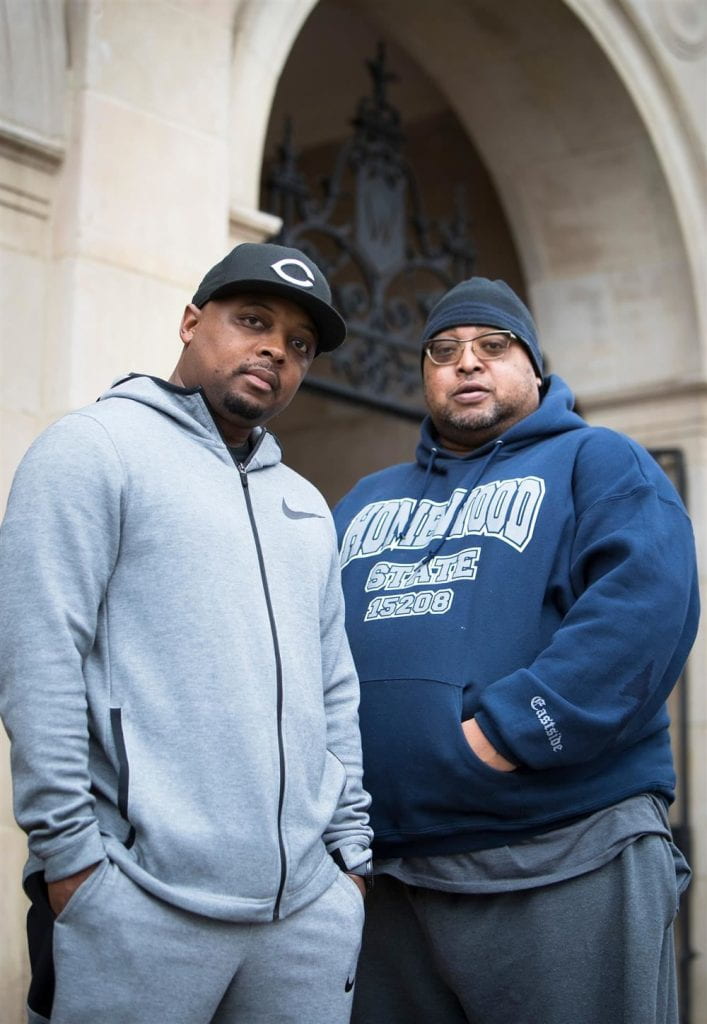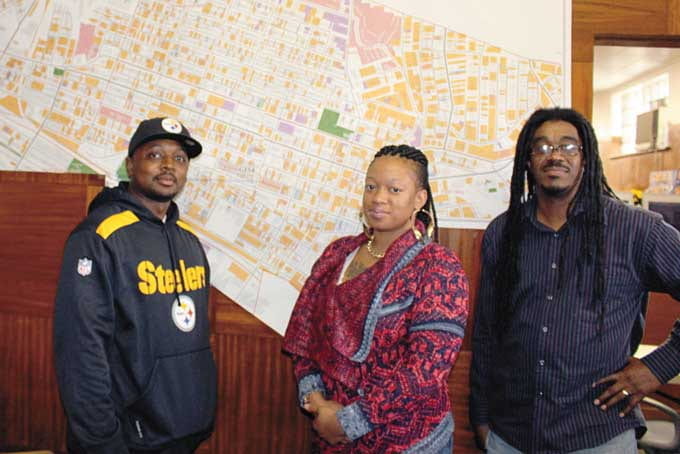Donta Green graduated from The House in 2005. He remembered growing up in the neighborhood.
“I remember when we were young, we would go outside as soon as the sun rose and we wouldn’t want to come in until our parents made us, going over another kid’s house or playing in front of those kid’s house, roller skating, basketball, all the different activities that we used to do, it’s not the same anymore,” Green said.
When Green was at Westinghouse in the early 2000s, he became part of a family and community tradition.
“To be able to go to schools with my friends the kids that I grew up with, it was pretty cool,” he said. “Another thing too about my school is the teachers that were at Westinghouse at that time were a lot of the same teachers who taught my mom, and my entire family went to Westinghouse, my mom, my uncles, my great uncles, they all went to Westinghouse.”
Green became the head coach of the football team at his alma mater in 2019 and began building what the Pittsburgh Post-Gazette called the “Green Machine” as the number of players went from 23 to 55 in a few short years. Coach Green has now led the Westinghouse Bulldogs to three City League Championships as well as the state championship game, but it’s not all about winning for him and his players.
“The goal honestly is to be as involved in the community as we can, so we’re always looking for different partnerships and different people to help us provide those opportunities for our young people. That’s everything for us,” Green said. “Winning games is fine. It’s really cool for kids that are walking in their own neighborhood and say, you know what, I did that or I cleaned this lot or I was a part of this program when I was in this part of my neighborhood. I think that creates a pride in people’s community.”
“At the end of the day, there has to be some demonstration of selfless servitude that you have to demonstrate in order to be an effective team player, and that’s something that we pay very close attention to. We like to call it a character-driven program where we focus on the character, we focus on academics and social skills, and we believe the athletic work will come on its own. It’s a tried and it’s a true method, and this year is a result of that.”


